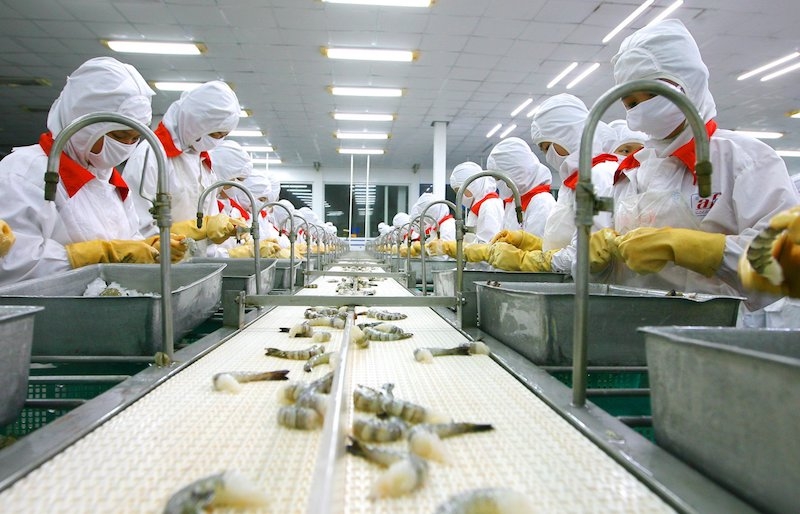 |
|
There have been 90 businesses in the Mekong River Delta withdraw from the market.
|
In the webinar titled Economic and Legal Solutions to Remove Difficulties for Business amid COVID-19, Nguyen Phuong Lam, general director of the Vietnam Chamber of Commerce and Industry Branch in Can Tho city, claimed that within only two months since the latest outbreak, 13 cities and provinces in the south have been strongly affected.
“Although the number of infections in the Mekong River Delta is not as high as in Ho Chi Minh City, they are now scattered throughout the 13 cities and provinces,” he said.
According to the statistics of the Ministry of Industry and Trade, 10,000 businesses left the market within three months since June, while 6,000 businesses left in the first six months of the year.
In the first seven months, as many as 80,000 businesses withdrew from the market, up over 25 per cent on-year.
“Generally, businesses have been affected in terms of production capacity, market access, delivery schedules, and employment. However, the Mekong River Delta, which is nurturing agricultural and fishery products, witnesses large losses as the output’s consumption has been interrupted. Agricultural and fishery products are a unique industry. After the harvest, storage requires cold chains with certain conditions, but many farms and households cannot meet these requirements,” Lam said.
Tran Khac Lam, chairman of the Soc Trang Business Association, highlighted that cargo clearance is the most critical part to maintain a supply chain. Therefore, the local authorities need to facilitate transports.
Since the latest wave of the pandemic, authorities of Ho Chi Minh City and 13 cities and provinces in the south have their own requirements for transportation, making it hard for some to participate.
Also, it is necessary to prioritise vaccination for drivers and loaders, according to industry insiders. Vaccinations are planned for at least 70 per cent of the population to facilitate the resumption of normal operations. However, to date only about 2 per cent of the population is fully vaccinated.
The panellists at the webinar agreed that there should be more support from the government. For example, the government could reduce and exempt taxes and interest rates, as well as adjust costs related to transportation and logistics to support the business community.
Source: VIR